Topic: Civil Rights
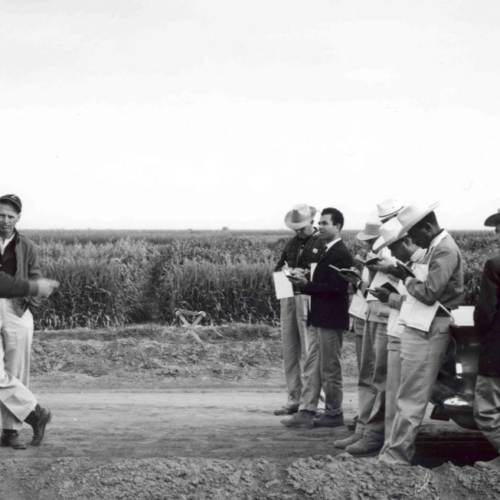
New Research: Iran Rural Health, Philanthropic Timeliness, Graciela Olivarez, and Chilean Agriculture
In this round-up, researchers report their findings from RAC holdings including the Rockefeller Foundation records, the personal papers of John D. Rockefeller, Sr. and his advisor, Frederick T. Gates, and those of David Lelewer, advisor to John D. Rockefeller, 3rd.
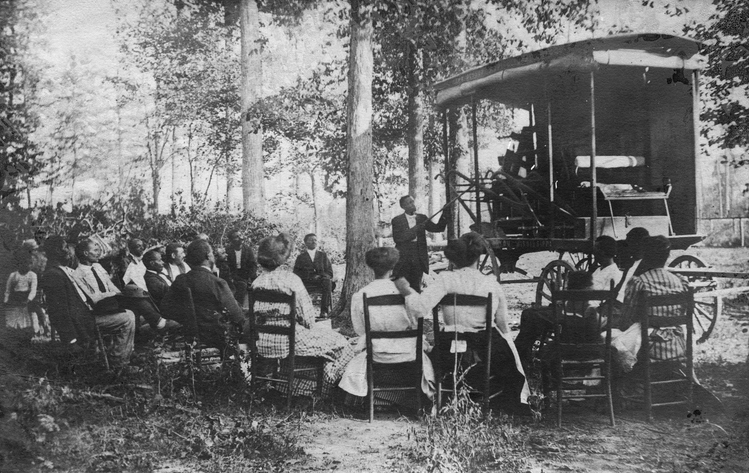
Timeline: A Century of American Philanthropy’s Engagement with Race and Racism
Delving into a century of philanthropic engagement with race, from Reconstruction to the Civil Rights era.
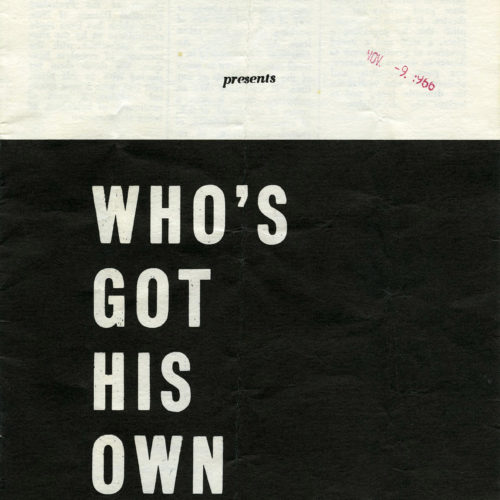
“Highest Standards”: Elite Philanthropy and Literary Black Voices during the Civil Rights Era
Against a backdrop of white, establishment concepts of literary excellence, one foundation struggled to appreciate Black voices.
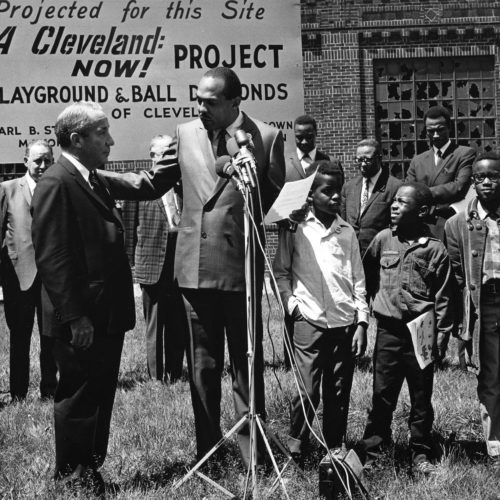
Funding a Social Movement: The Ford Foundation and Civil Rights, 1965-1970
A story recounting many accusations, from rigged elections to the meddling of big private money in grassroots organizing.
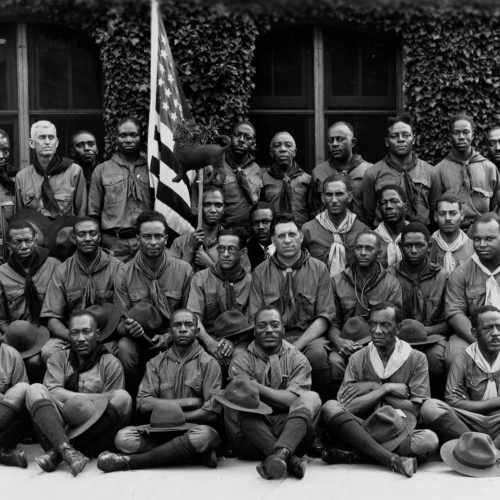
Who Belongs in the Boy Scouts? Philanthropy’s Support for Black Scouting
A foundation struggled to make one of America’s oldest youth organizations more racially inclusive. But it only got so far under Jim Crow.
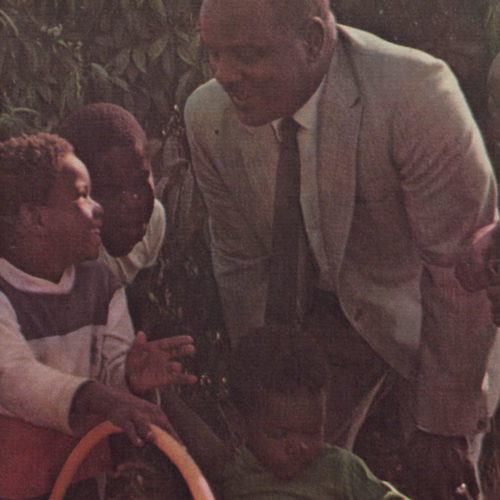
Ted Watkins and the Rockefeller Foundation: An Unlikely Partnership
How a charismatic community activist from Watts challenged a foundation’s civil rights strategy through a jobs training program.
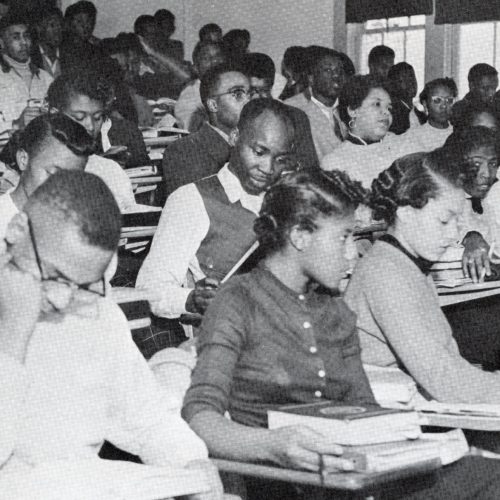
The Origins of the Rockefeller Foundation Equal Opportunity Program
How a simple grant request seeded the launch of a full program addressing inequality.
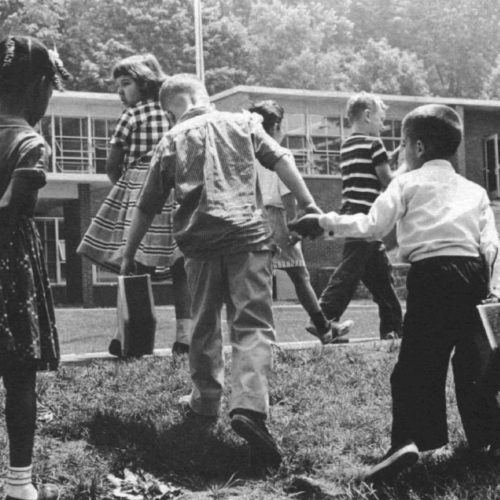
Can Data Drive Social Change? Tackling School Segregation with Numbers
In the years before Brown v. Board, a philanthropic fund hoped research and data would turn the tide on attitudes toward segregation.